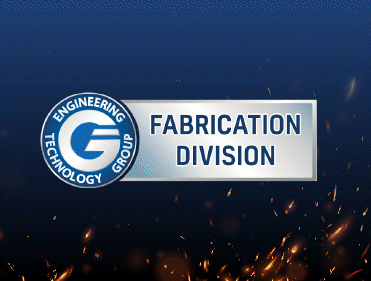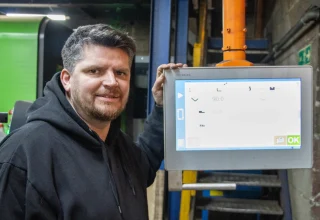
Engineering isn’t just a job; it’s a career that builds the world around us. Engineers are problem-solvers and innovators, from sustainable energy and innovative tech to cutting-edge manufacturing. And with the UK’s growing demand for skilled workers, engineering is one of the most secure and future-proof industries you can enter.
But what’s the best way to get there?
University is one route, but it’s not the only one. If you want a hands-on, debt-free way to launch your engineering career, apprenticeships offer a powerful path. You’ll earn while you learn, gain real-world experience, and move up through increasingly advanced roles, without the burden of student loans.
This isn’t just about getting a qualification, it’s about building a career. Here’s how the engineering apprenticeship pathway works, and how you can shape your skilled future, starting from day one.
Level 2: Engineering Operative – Starting Your Career
If you’re new to the engineering world, the Level 2 Engineering Operative apprenticeship is your first step.
This entry-level role is all about getting hands-on with engineering processes. You’ll learn how to:
- Safely use hand tools, machinery, and workshop equipment
- Read and interpret technical drawings
- Follow quality procedures and health & safety standards
- Understand how production and manufacturing work from the ground up.
It’s an ideal apprenticeship if you want to get into work quickly, develop useful practical skills, and build a foundation you can grow from.
Typical job roles include:
- Assembly Technician – building components or machinery as part of a team
- Machine Operator – operating tools and machines in a production environment
- Maintenance Assistant – supporting the upkeep and repair of factory equipment.
With a Level 2 apprenticeship, you’ll earn a wage from day one, gain industry experience, and prepare for the next level.
Level 3: Engineering Technician – Gaining Specialist Skills
Once you’ve got the fundamentals down, the Level 3 Engineering Technician apprenticeship takes you deeper into the technical side of engineering.
This apprenticeship is where your skills really start to specialise. You’ll gain a strong foundation in:
- Electrical and mechanical principles
- Testing and fault finding
- Computer-aided design (CAD) and modelling
- Quality control and product development
This level of training suits learners who enjoy problem-solving, technology, and getting deeper into how things work.
Career roles you can progress into include:
- CAD Technician – designing components and systems using CAD software
- Maintenance Engineer – diagnosing and fixing faults in complex systems
- Quality Inspector – ensuring parts and products meet technical specifications
With a Level 3 apprenticeship, you’ll likely be working in high-value sectors like aerospace, automotive, or advanced manufacturing. You’ll also be working alongside experienced engineers and building skills that employers actively seek.
Level 4: Engineering Manufacturing Technician – Advancing Your Career
If you’re ready to advance your engineering career, the Level 4 Engineering Manufacturing Technician apprenticeship is where leadership and strategy start to emerge.
At this stage, apprentices are trusted with more responsibility, independence, and input into improvement processes. You’ll learn to:
- Analyse and improve manufacturing workflows
- Lead quality improvement initiatives
- Use data and digital tools to boost productivity
- Work with cross-functional teams to deliver complex projects.
This apprenticeship bridges the gap between the workshop floor and management. It’s perfect if you’re aiming for leadership or advanced technical roles.
Typical job roles include:
- Process Improvement Leader – identifying ways to boost output and reduce waste
- Technical Supervisor – leading teams in daily production or engineering operations
- Manufacturing Technician – supporting automation, robotics, or smart production lines.
A Level 4 qualification also opens doors to higher-level study, including HNCs, HNDs, or even degree apprenticeships, while continuing to earn and progress.
Why Apprenticeships Work
Apprenticeships aren’t just about “learning on the job” but about learning with purpose. You get:
Real industry experience
Recognised qualifications
A salary from day one
Mentorship and support from professionals
A direct pathway to skilled roles and career advancement.
This route is hard to beat for learners who prefer practical learning over lectures and want to start earning sooner. It also keeps you connected to employers actively looking for skilled talent.
Final Thought: Your Career, Your Way
A career in engineering doesn’t start with a lecture; it begins with action. Apprenticeships are more than a training option; they’re a career-building blueprint that gives you the skills, experience, and momentum to succeed.













